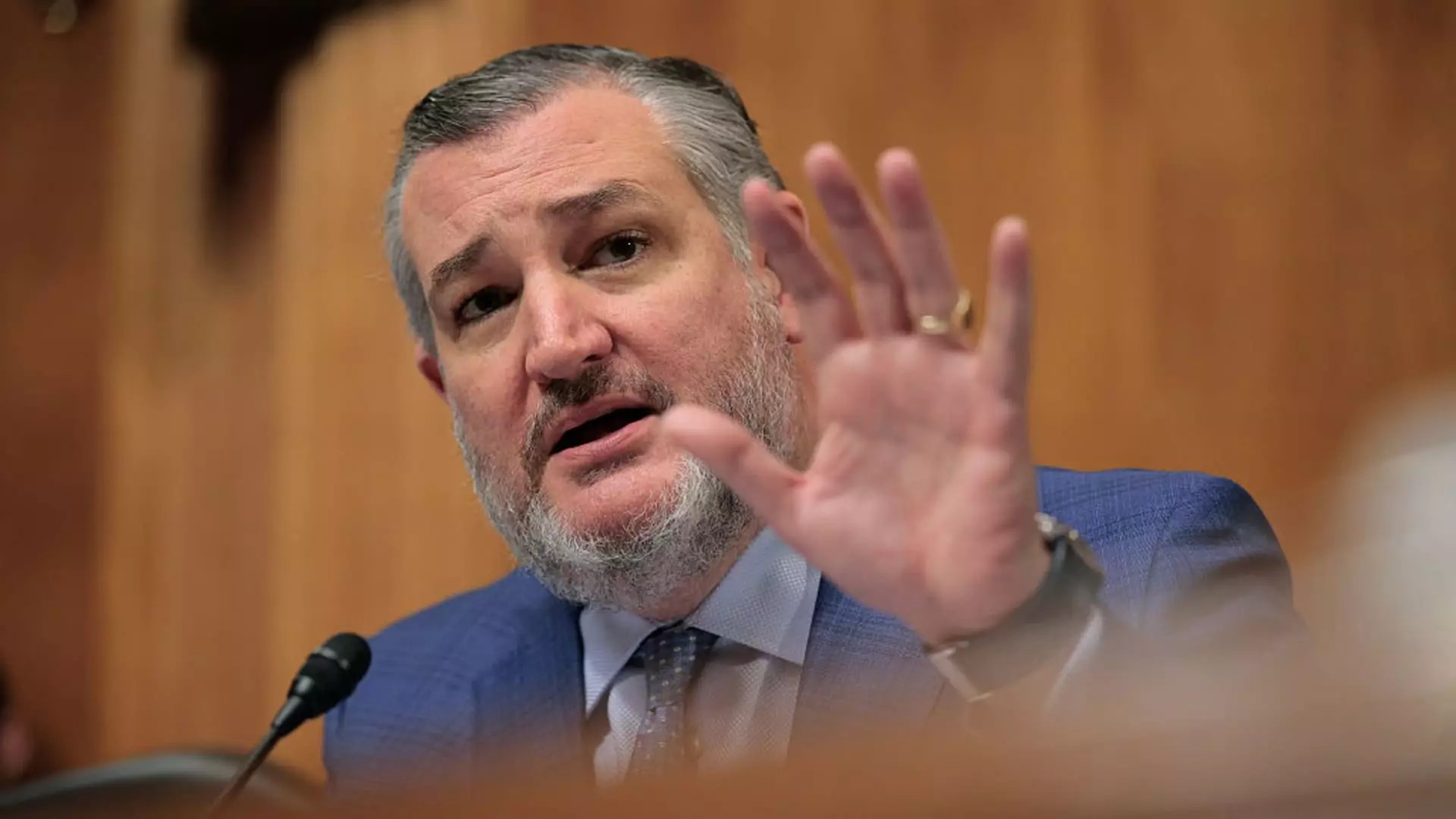In recent weeks, we have witnessed a troubling escalation in the rhetoric surrounding media regulation and free expression. The controversy involving FCC Chairman Brendan Carr’s threat to revoke ABC’s broadcast license over late-night host Jimmy Kimmel’s comments signals more than just a political spat—it’s a stark warning of how easily democratic institutions can be manipulated to serve partisan agendas. When government officials start framing professional speech in terms of “easy” or “hard” consequences, they effectively erode the very freedoms that sustain open societies. The premise that broadcasters could be threatened or punished for disagreeable content creates an environment where media outlets might self-censor prematurely, fearing repercussions that threaten their license to operate. Such tactics risk transforming regulatory agencies from guardians of public interest into instruments of ideological censorship.
The Dangerous Implications of Conflating Content with License Revocation
The core issue here isn’t about protecting public decency or preventing harm; it’s about the delicate balance between regulation and free speech. When a government official suggests that criticism—no matter how political or contentious—could lead to loss of a broadcast license, it sends a chilling signal across the industry. The precedent set by Carr’s comments, and Cruz’s subsequent criticisms, suggests that media personalities could become targets if their opinions conflict with prevailing political narratives. This potential for government overreach undermines the watchdog role intended to safeguard public interest, instead fostering a climate of intimidation and self-censorship. A free press is vital to democracy precisely because it allows dissenting voices to thrive, and any move to silence or punish outlets based on content compromise that principle gravely.
The Hypocrisy and Political Weaponization of Censorship
What makes this entire episode even more troubling is the blatant political manipulation. Senator Cruz’s nuanced stance — condemning the idea of censorship but expressing support for Kimmel’s suspension — exemplifies the core hypocrisy in the liberal-conservative debate. While Cruz criticizes the so-called “mob” mentality of government censorship, he also seems to justify the punishment of a media figure on political grounds. Meanwhile, figures like President Trump openly praise Carr’s stance, revealing how censorship debates often serve partisan interests rather than genuine concern for free expression. This double standard distorts the original intention of free press protections and reduces complex issues to simple partisan wins. It becomes all too easy for political actors to weaponize regulation when it suits their narrative, leading us dangerously close to authoritarian tendencies rather than healthy democratic debate.
Why Maintaining Media Independence Is Non-Negotiable
This controversy underscores a fundamental truth: media independence must be fiercely protected against political pressures at all costs. The idea that regulatory agencies can be used as tools to punish outlets perceived as politically hostile is deeply anti-democratic. It chips away at the barrier between government authority and free expression, risking a slippery slope where unpopular opinions are silenced under the guise of public interest. Democracies thrive when diverse voices circulate freely, forming the bedrock of accountability and informed citizenry. To allow or support threats to media outlets based on content or political alignment fundamentally undermines our collective right to a vibrant and truthful press. Any attempt to justify or dismiss these threats as “necessary” for public interest is, in reality, a betrayal of core democratic principles.
A Call for Responsible Leadership and Vigilance
The current episode should serve as a wake-up call for everyone who values a free society. Leaders across the political spectrum must recognize the danger of normalizing censorship under the pretext of regulation. Strengthening watchdog institutions, resisting partisan influence on regulatory agencies, and championing transparency are essential steps in safeguarding democratic freedoms. The media is not the enemy; it is the backbone of accountability and free discourse. To undermine it in the name of political expediency is not only shortsighted but destructive. Vigilant citizens, responsible policymakers, and independent regulators all share the duty of ensuring that free expression remains inviolable, no matter the political winds. Only through steadfast commitment to these principles can democracies endure and flourish.

